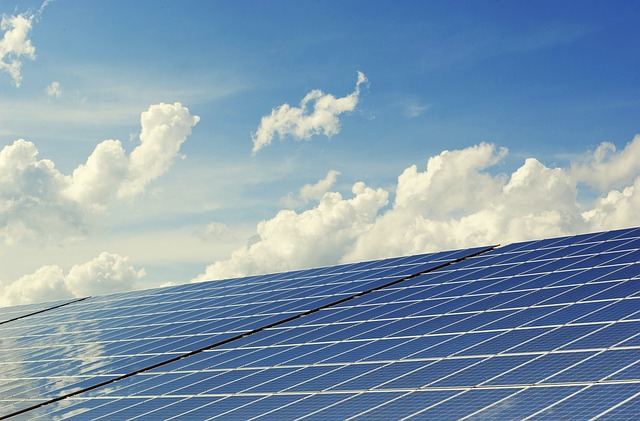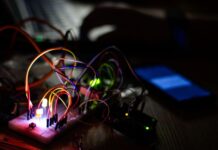Energy efficiency is becoming an increasingly important part of daily life. You can save money and reduce your environmental impact by making simple changes to how you use energy. Here are a few ways to be more efficient with your energy usage:
Unplug Appliances When Not in Use
Many appliances and electronics use energy, even when not in use. To save energy and money, unplug items such as laptop chargers, microwaves, and coffee makers when not in use. If unplugging is a hassle, you can purchase a smart power strip that automatically turns off devices when they are not in use.
Ensure the appliances and electronics connected to your power strip are set to the most efficient setting possible. For example, when using a refrigerator or freezer, ensure the temperature is set to the lowest cooling setting possible.
Install a Programmable Thermostat
Installing a programmable thermostat can be an energy-efficient solution to help save energy and money. You can set the thermostat to turn down the temperature when you are away from home or asleep and then turn it back up when you return. This will help save energy and money by reducing energy use when energy is not needed.
If your thermostat does not have a programmable feature, you can manually turn down the temperature when you are away from home or asleep. While this option may be inconvenient, it is still energy-efficient.
Install Efficient Energy Appliances
When replacing appliances, be sure to purchase energy-efficient models. Look for the energy star label when shopping, indicating the appliance’s energy efficiency. Additionally, consider energy-efficient ventilation systems such as energy recovery ventilators that help regulate your home’s temperature and humidity levels.
Other common energy-efficient solutions include using energy-efficient water heaters and energy-efficient heating and cooling systems. When purchasing energy-efficient appliances, consider energy rebate programs, as you may qualify for financial assistance.
Replace Light Bulbs with LED Bulbs
Replacing traditional bulbs with energy-efficient LED bulbs can save energy and money. LED bulbs use 75% less energy than traditional incandescent bulbs, making them a great energy-efficient solution. Additionally, LED bulbs last up to 25 times longer than traditional bulbs and are available in various shapes, sizes, and colors to match the style of your home.
To ensure energy-efficient lighting, use energy-efficient fixtures and install motion detectors or occupancy sensors that turn lights off when not in use. Also, make use of natural lighting whenever possible. Skylights, solar tubes, and windows are energy-efficient ways to illuminate your home.
Seal All Windows and Doors
Sealing all windows and doors can help reduce energy usage by preventing energy from leaking out of your home. Look for cracks or gaps in your windows or doors, and seal them with caulk. Additionally, install energy-efficient blinds or curtains to reduce energy use further.
For ease of energy efficiency, check the energy rating of the windows and doors you purchase. The energy rating will give you an indication of their energy efficiency. It will also be helpful to install energy-efficient windows and doors as they are designed to reduce energy loss.
Start a Composting Program
Composting helps reduce energy use by eliminating the need to transport food waste to a landfill and reducing energy used in producing fertilizers. First, purchase a plastic compost bin and consider adding worms for optimal decomposition.
Once the composting program is up and running, spread the word about energy-efficient solutions and encourage others to compost. Composting is a great way for households to reduce energy usage and help the environment.
Install Solar Panels
Installing solar panels is a great energy-efficient solution. Solar energy is renewable energy and requires no energy consumption, making it an energy-efficient choice. Solar energy is also clean energy and can reduce energy costs significantly over time. You can use the energy produced from solar energy to power common household appliances like lights, computers, and televisions.
When installing solar panels, be sure to check with local energy utilities to see if they offer incentives or rebates. Additionally, look into energy-efficient financing options such as leasing or power purchase agreements.
Conclusion
The energy-efficient solutions discussed above can help reduce energy usage and save money in the long run. Be sure to look into energy rebate programs when doing energy-efficient upgrades, as you may qualify for financial assistance. Taking energy-efficient measures will help reduce energy usage and create a more sustainable environment.


 Read More :
Read More : 





